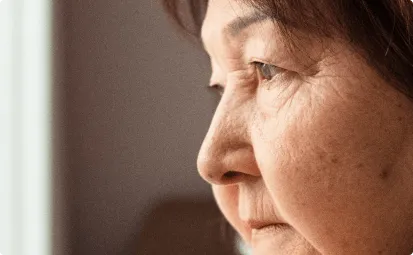


Primary care physicians are often asked to diagnose and treat psychiatric conditions, but their training and knowledge base are limited. In addition, they often don't have the time to spend with the patient to properly evaluate psychiatric problems. To do this successfully takes rigorous education and skills development. The clinician must be able to know how to interview the patient and spend enough time doing so. Medical history, family history, and a very detailed social history are obtained. A thorough review of past mental health problems and treatment, including for any substance abuse problems, is conducted.
Psychiatrists are medical doctors who must go through an intense, four-year residency after completion of medical school. Psychiatric nurse practitioners complete a multi-year master's program after earning their degree as an R.N, which qualifies them to evaluate and treat mental health conditions. They have a collaborative arrangement with a psychiatrist to help provide oversight of their care.
Compared to primary care physicians, psychiatrists, and psychiatric nurse practitioners receive a much deeper education regarding the use of medication in treating mental health conditions. While they may not be able to directly provide psychotherapy due to time or other constraints, they can expertly collaborate with the patient's therapist to help optimize care. For many conditions, combining psychotherapy with medication management leads to better outcomes.